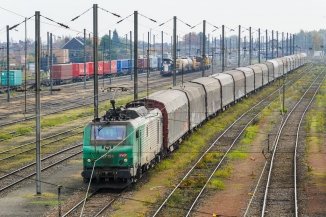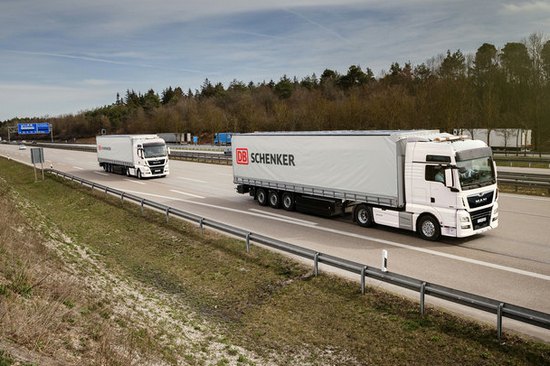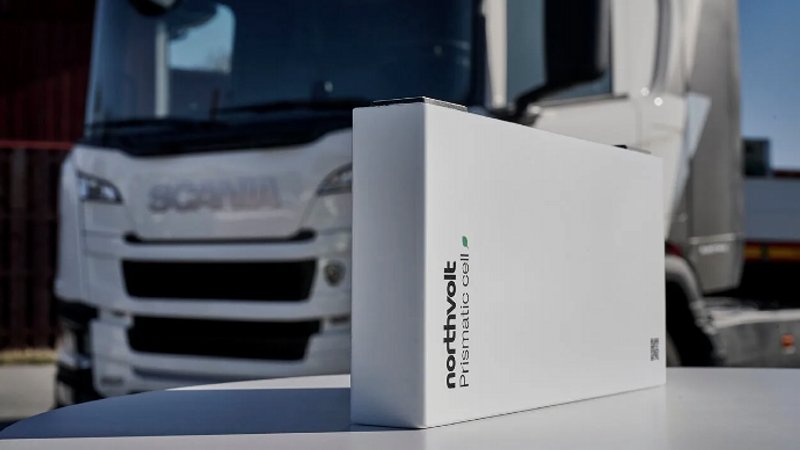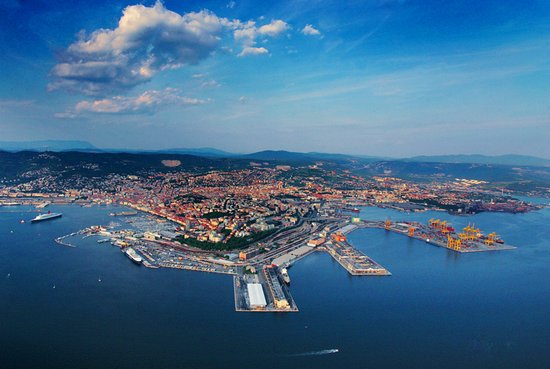The freight rail transport in France kicked off 2024 amid several contradictions. For Fret SNCF, a division of the French railways and a leading freight service in the country and third in Europe, the final phase has commenced. From January 2025, the company will undergo dissolution, and its various sectors will either be segregated or merged into the parent group. This radical move follows an investigation by the European Commission into potentially illegal state aid benefiting the financially troubled French freight rail company. Allegations include concealed aid of €5.3 billion to offset and erase the 2019 debt using public funds from the parent company.
The initial response was seen between December 2023 and early 2024 when Fret SNCF relinquished several of its routes, with no room for reconsideration, to competing railway companies. The German group DB played a major role in this acquisition. Following this corporate shake-up, early 2024 saw Rail Logistics Europe, the French railways' freight and logistics division, announcing a significant reorganization. This included organizational and managerial changes in preparation for the dissolution of Fret SNCF. Involved in this overhaul are Captrain, the railway company; Naviland Cargo, the intermodal specialist; Viia, the operator of rolling highways; and Forwardis, the international rail and multimodal freight forwarder.
From a corporate perspective, the French freight rail sector is undergoing a particularly delicate period. However, on the infrastructure front, positive developments are reported. SNCF Réseau, the network manager, claims service levels have improved in recent years. Since 2020, the volume of freight railway tracks offered has increased by 72%. Additionally, 89% of customer requests are currently met with better track allocation, a significant improvement from 70% in 2013.
SNCF Réseau is undertaking several investments to enhance intermodal terminals, including those in Vénissieux (near Lyon), Valenton (southeast of Paris), and Fleury-les-Aubrais (near Orléans), with plans for another in Rennes. A four billion euro investment plan for freight transport for the decade 2023-2032 is also in place.
Furthermore, at the start of 2024, a detailed report (207 pages) prepared by a special parliamentary investigative commission on freight rail transport was published. This document includes 28 recommendations to restore an acceptable level of competition with road transport. The report also highlights the limitations and distortions of the rail sector's liberalization due to delays and inadequate preparation by SNCF, leading to market deregulation not adequately supported by economic policy choices.
Piermario Curti Sacchi





































































